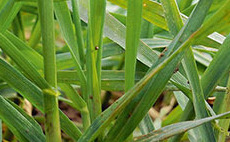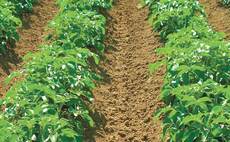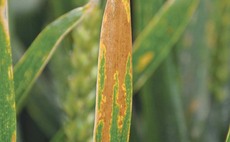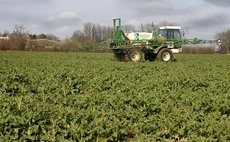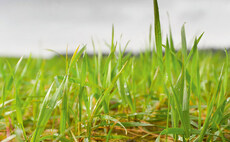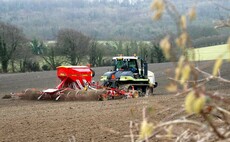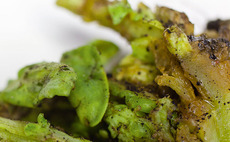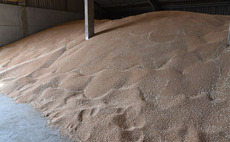Agronomy
Arable
In conjunction with Bayer we will be keeping track of winter wheat development over two cultivation strategies, and using Rapid Disease Detection results to monitor disease progress through the season.
Arable
Last week’s warmer weather gave crops a much-needed boost as they exit a cold, wet winter.
Arable
Industry has applied for renewal of the approval of the fungicide, mancozeb in Great Britain.
Arable
A decent spell of spring weather has seen field work progress up and down the country. However, delays to sugar beet seed deliveries on-farm are holding up drilling for some growers.
Arable
Winter wheat growers are being urged to be aware of much higher levels of septoria in crops this year compared with last season, most probably brought on by earlier drilling.
Arable
An international consortium of academic and commercial seed companies from the USA, Canada, Europe and Israel have mapped the entire set of genes which make up canola (oilseed rape).
Arable
Spring barley is expected to return to a more normal area of 700,000 hectares in 2021 compared with more than one million hectares planted last year.
Arable
Much needed spring sunshine and some good drying days have allowed growers to get their spring drilling campaigns underway.
Arable
A combination of cabbage stem flea beetle larvae infestation and heavy frosts have knocked oilseed rape crops back in recent weeks.
Arable
Millers are fearful about the size of the future UK wheat crop, which is likely to decline for political and cost reasons, a trend that could be exacerbated by greater consumer demands concerning sustainability.

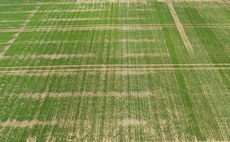
 12 April 2021
•
3 min read
12 April 2021
•
3 min read
